Michael Halassa has shown how the brain attends to cues in the outside world and sustains prolonged thought, findings that earned him wide acclaim early in his career.
Halassa was born in Amman, Jordan, amid sociopolitical upheaval in the late 1970s. Hailing from a family of religious minorities in Jordan, Halassa spent childhood beset by discrimination. So he took refuge in science, and his parents, both physicians, nurtured his growing intellectual appetite. “What I had experienced in my personal life seemed so arbitrary, on a psychological level, science was like an antidote,” he says.
Halassa enrolled in medical school in Jordan and then secured an internship in the lab of an acquaintance at Johns Hopkins University. Eventually, he joined the lab of neuroscientist Solomon Snyder, with whom he developed a taste for experimental biology.
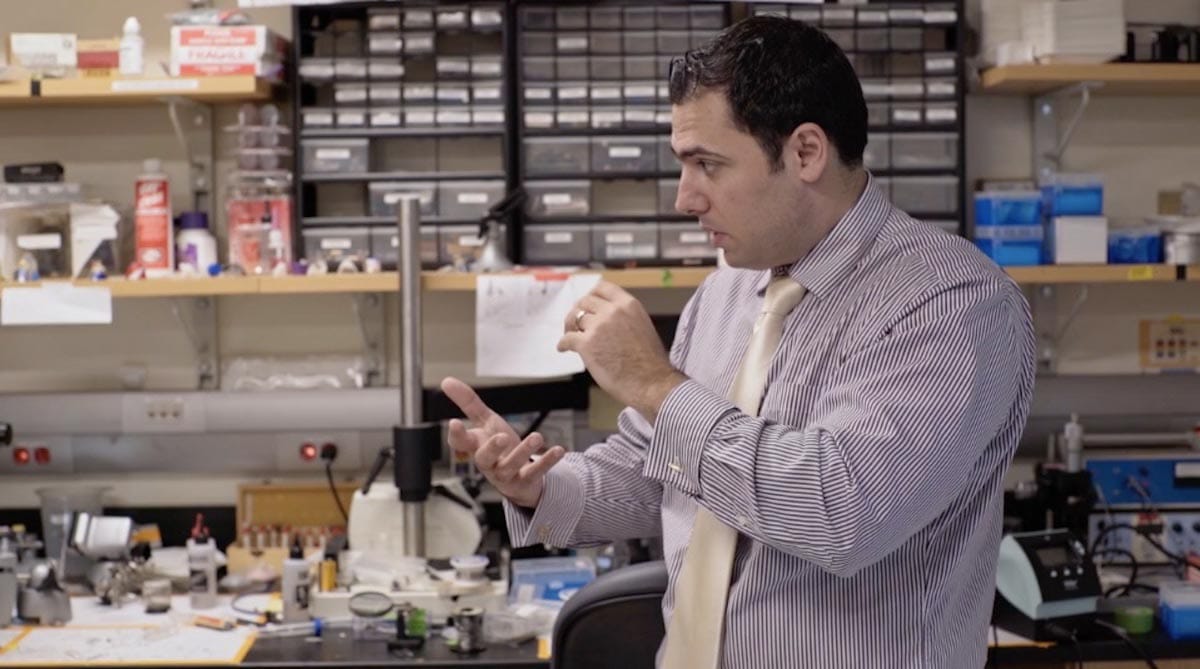
He earned a PhD from the University of Pennsylvania and pursued postdoctoral studies at Massachusetts Institute of Technology. Today, as an assistant professor at New York University, Halassa’s work is focused on how the brain sifts signals from noise and builds mental representations of the world.
A group of brain cells called the thalamic reticular nucleus, or TRN, had been suspected to control the brain’s ability to pay selective attention to cues. Halassa discovered that TRN neurons that control the flow of sensory signals to the brain are active during sleep, whereas those that control the flow of memory-related signals are active in awake animals.
Applying those insights to human disease, Halassa teamed up with MIT neuroscientist Guoping Feng; they found a gene that is missing in around 1% of patients with autism plays a crucial role in suppressing noise and allowing the brain to perceive signals unimpeded. The findings suggest that therapeutic interventions aimed at restoring TRN activity might make up for related deficits in patients.
Awards and Accomplishments
- Allen Institute Next Generation Leader
- Daniel X. Freedman Prize for Exceptional Research (2015)
Jury Members
2017 Vilcek Prize for Creative Promise in Biomedical Science
Iannis Aifantis
Heran Darwin
Laurie Dempsey
Yibin Kang
Peter Palese
Leslie Vosshall
Jedd Wolchok
Related Prize Recipients
Tomasz Nowakowski
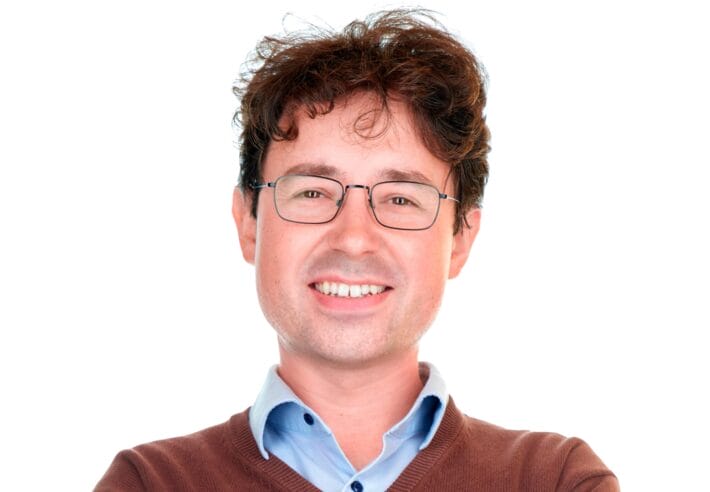
Biyu J. He
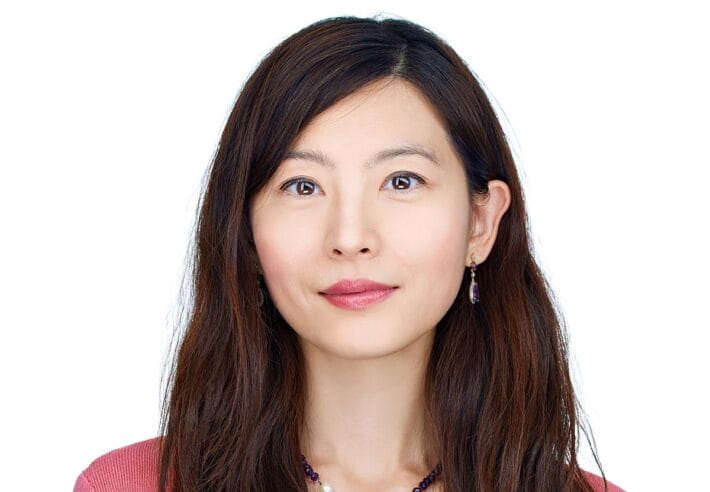
Sergiu P. Pasca
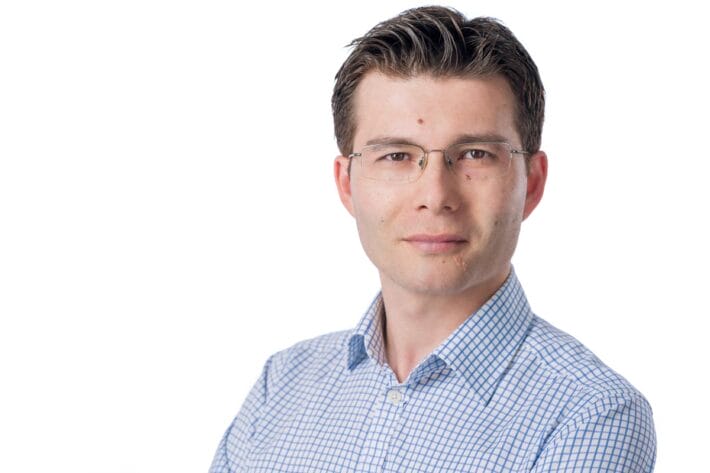
You may also be interested in
Tomasz Nowakowski: Navigating the Mind’s Mysteries with Science
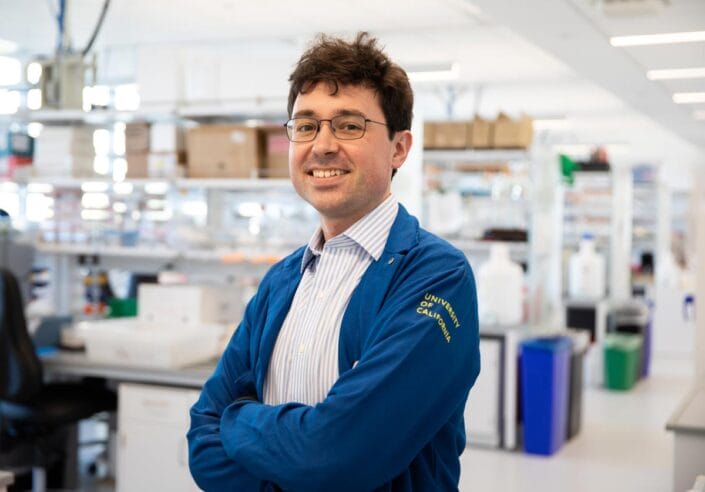
Biyu J. He: “Conscious experience is the root of who we are”
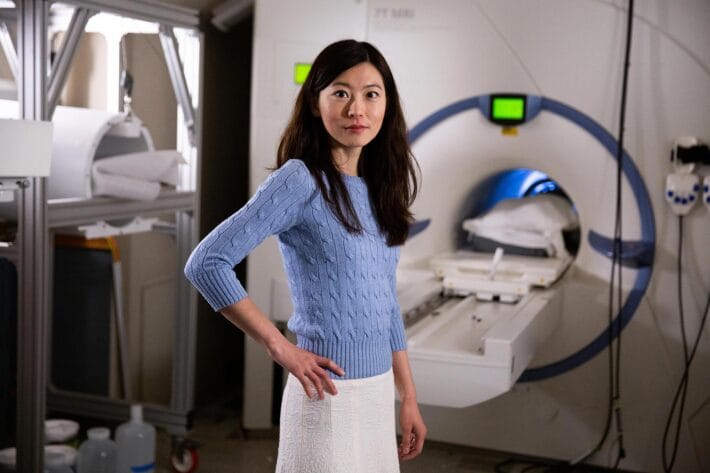
Vilcek Foundation honors immigrant scientists with $250,000 in prizes
